ICM 32039 WWII training biplanes Bucker Bu 131D, DH.82A Tiger Moth, Stearman PT-17 1/32
Plastikowy model samolotu do sklejania. Zestaw nie zawiera farb ani kleju.
In 1930s biplanes were gradually being replaced by monoplanes in the air forces of major countries. However, biplanes also had their advantages, including greater stability in the air, good maneuverability, reliability, and the ability to take off from a short runway. Due to this, many biplanes continued to be used as training or communication aircraft. Among these aircraft were the German BückerBü 131D, the British DH.82A Tiger Moth, and the American Stearman PT-17. All these models were produced in large series of several thousand units. They had good performance, reliability, and were used in many parts of the world. Their versatility made it possible to use these biplanes for a wide variety of purposes, such as the episodes of the DH.82A Tiger Moth’s use as a light bomber. Many of these aircraft remain in service to this day, participating in exhibitions and air shows.
W latach 30. XX wieku dwupłatowce były stopniowo wypierane przez jednopłatowce w siłach powietrznych największych państw. Jednak dwupłatowce miały też swoje zalety, m.in. większą stabilność w powietrzu, dobrą zwrotność, niezawodność, możliwość startu z krótkiego pasa. Z tego powodu wiele dwupłatów nadal było używanych jako samoloty szkoleniowe lub komunikacyjne. Wśród tych samolotów był niemiecki BückerBü 131D, brytyjski DH.82A Tiger Moth oraz amerykański Stearman PT-17. Wszystkie te modele były produkowane w dużych seriach po kilka tysięcy sztuk. Miały dobre osiągi, niezawodność i były używane w wielu częściach świata. Ich uniwersalność pozwalała na wykorzystanie tych dwupłatów do różnych celów, jak np. epizody wykorzystania DH.82A Tiger Moth jako lekkiego bombowca. Wiele z tych samolotów pozostaje w służbie do dnia dzisiejszego, uczestnicząc w wystawach i pokazach lotniczych.
























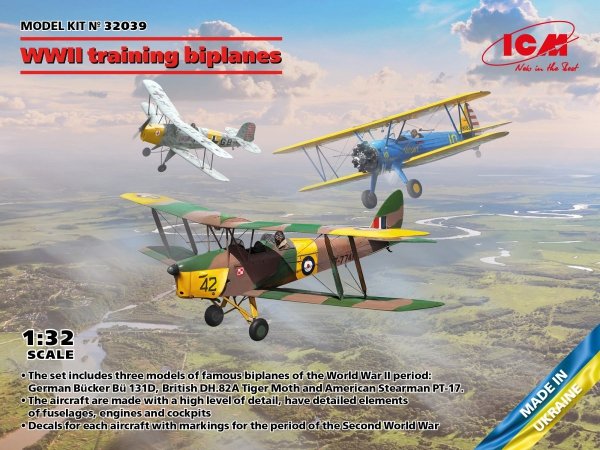

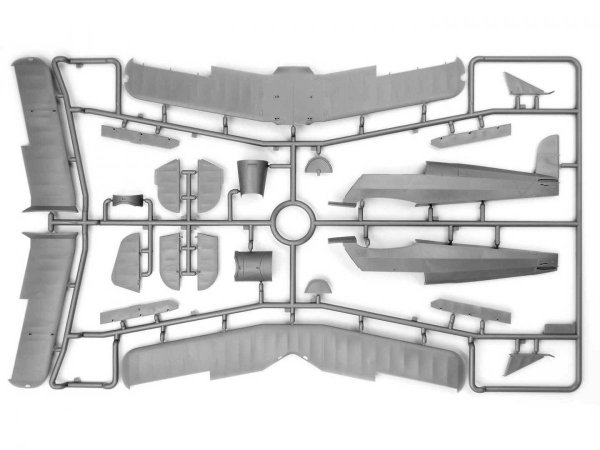
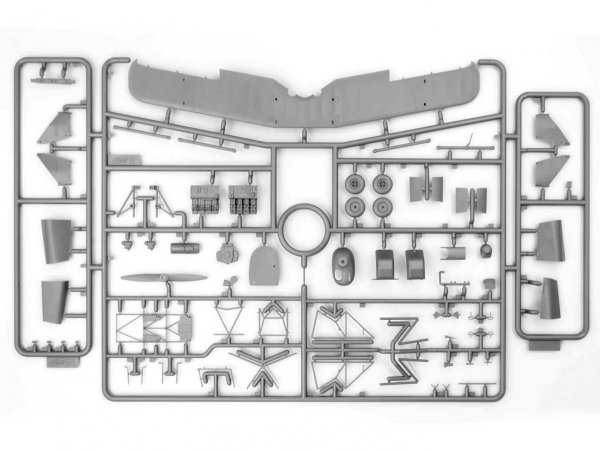

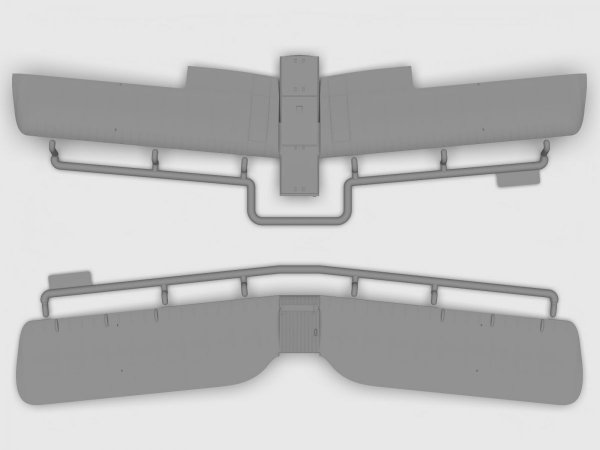

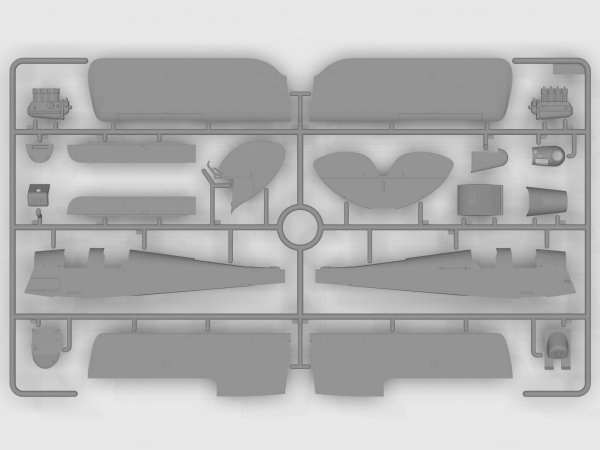
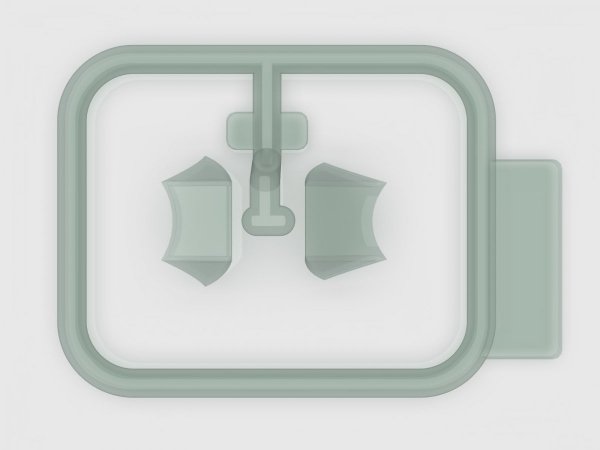
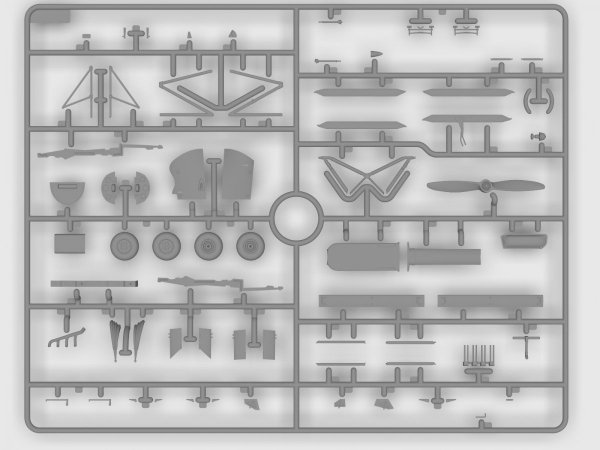
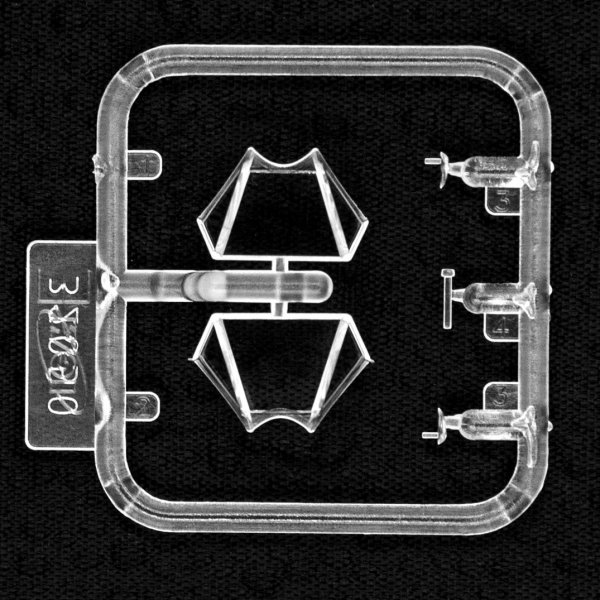
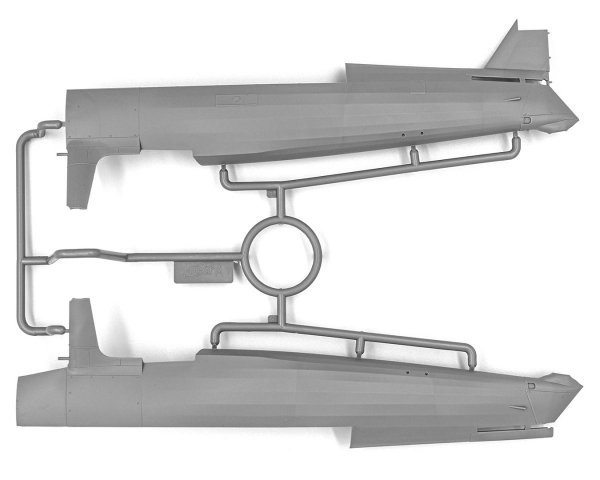



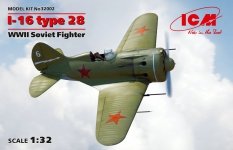
 5 szt.
5 szt.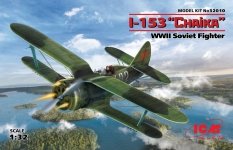
 3 szt.
3 szt.

 4 szt.
4 szt.